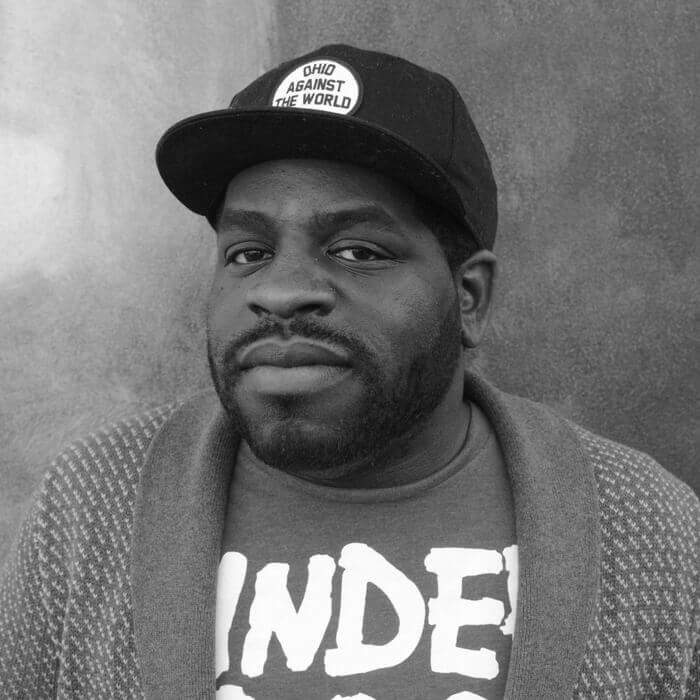dear reader, with our heels digging into the good
mud at a swamp’s edge, you might tell me something
about the dandelion & how it is not a flower itself
but a plant made up of several small flowers at its crown
& lord knows I have been called by what I look like
more than I have been called by what I actually am &
I wish to return the favor for the purpose of this
exercise. which, too, is an attempt at fashioning
something pretty out of seeds refusing to make anything
worthwhile of their burial. size me up & skip whatever semantics arrive
to the tongue first. say: that boy he look like a hollowed-out grandfather
clock. he look like a million-dollar god with a two-cent
heaven. like all it takes is one kiss & before morning,
you could scatter his whole mind across a field.
Published:
2018
Length:
Shorty
Literary Movements:
Contemporary
Anthology Years:
2023
Themes:
Identity
Nature
Poetic Form
Literary Devices:
Epistolary
(of a literary work) in the form of letters
Imagery
visually descriptive or figurative language, especially in a literary work
Simile
a comparison between two unlike things using the words “like” or “as”

